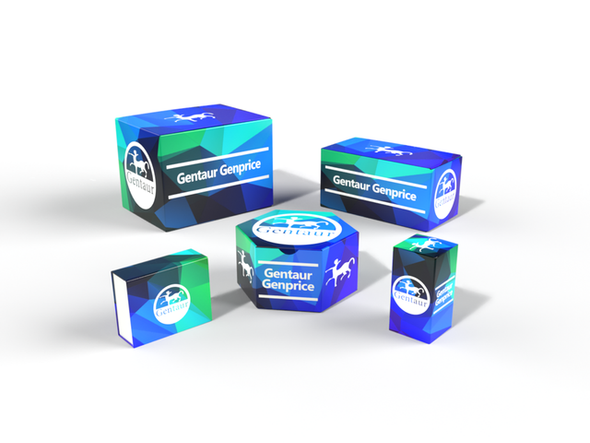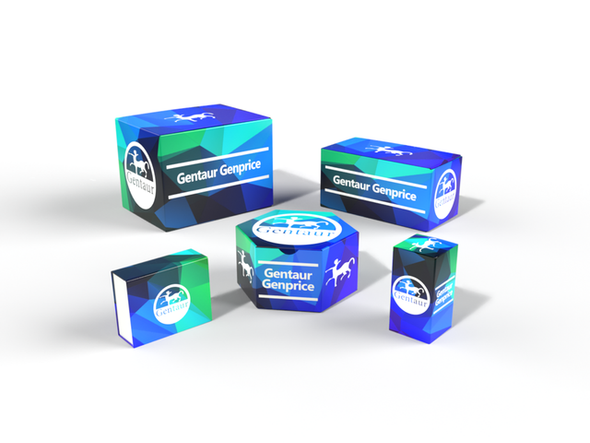451 Recombinant Proteins and Cell culture
HSP17, 7 | Cytosolic class II heat shock protein 17, 7 | AS07 255
- SKU:
- 451-AS07 255
- Availability:
- Usually ships in 5 working days
Description
HSP17, 7 | Cytosolic class II heat shock protein 17, 7 | AS07 255 | Gentaur UK, US & Europe Distribution
Immunogen: full length recombinant protein produced in E. coli and purified by conventional methods (no affinity tag) . Arabidopsis thaliana Hsp17.7 CII (class two), UniProt: O81822, TAIR: At5g12030
Host: Rabbit
Conjugation: N/A
Clonality: Polyclonal
Isotype: N/A
Purity: Serum
Format: Lyophilized
Tested Application: Western blot (WB)
Related Products: AS07 254 | Anti-HSP17.6 | cytosolic class I heat shock protein 17.6, rabbit antibodiesAS08 284 | Anti-HSP17.6 | cytosolic class I heat shock protein 17.6 chicken antibodiescollection of antibodies to plant heat shock proteins
Recommended Dilutions: 1 : 1000 (WB)
Molecular weight: 17, 7 kDa
Confirmed Reactivity: Arabidopsis thaliana, Agave tequiliana var. Weber, Cucumis sativus, Medicago sativa, Pinellia ternata, Silene vulgaris
Predicted Reactivity: Dicots Species of your interest not listed? Contact us
Not reactive in: Oryza sativa
Additional Information: N/A
Background: Hsp17.7 belongs to a family of class II of a small heat shock proteins. They are induced once a plant cells are stressed by an increased temperature. The way small hsp proteins are protecting a living cell are not fully understood. They seem to be involved in chaperone functions by protecting other proteins from irreversible denaturation. Small hsp function also in a late seed maturation process.
Reconstitution: For reconstitution add 50 µl of sterile water
Storage: Store lyophilized/reconstituted at -20°C; once reconstituted make aliquots to avoid repeated freeze-thaw cycles. Please remember to spin the tubes briefly prior to opening them to avoid any losses that might occur from material adhering to the cap or sides of the tube.
TAIR Nnumbre: At5g12030
Category: Heat shock
Research Area: Plant Biology










